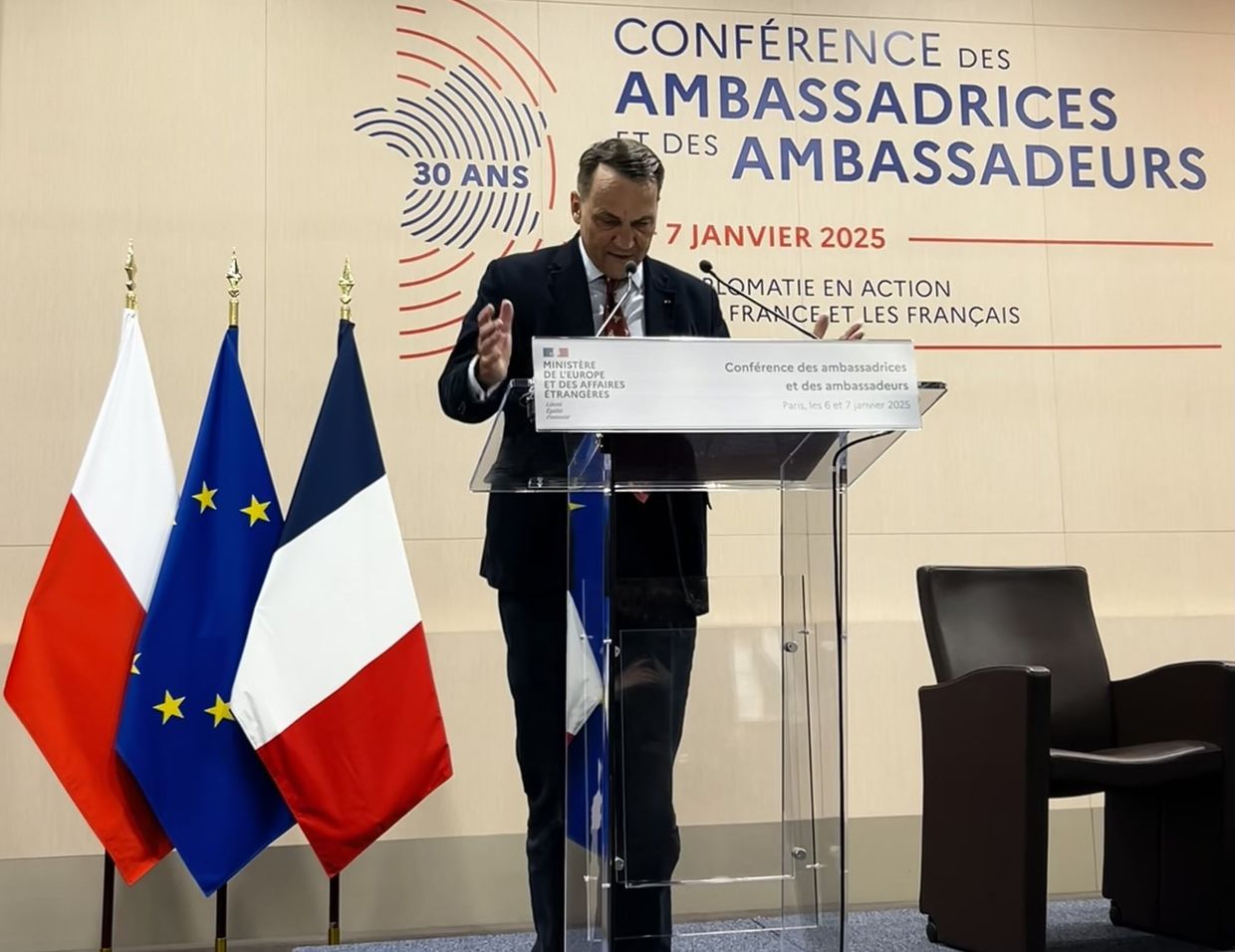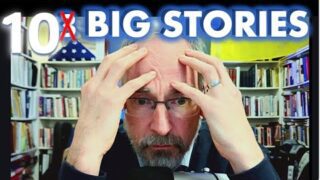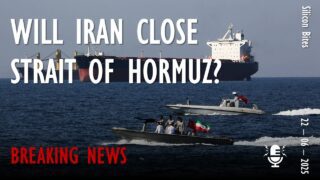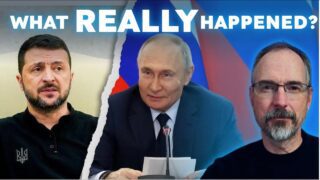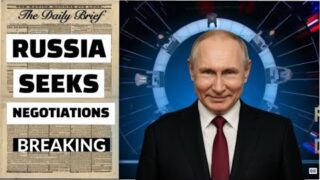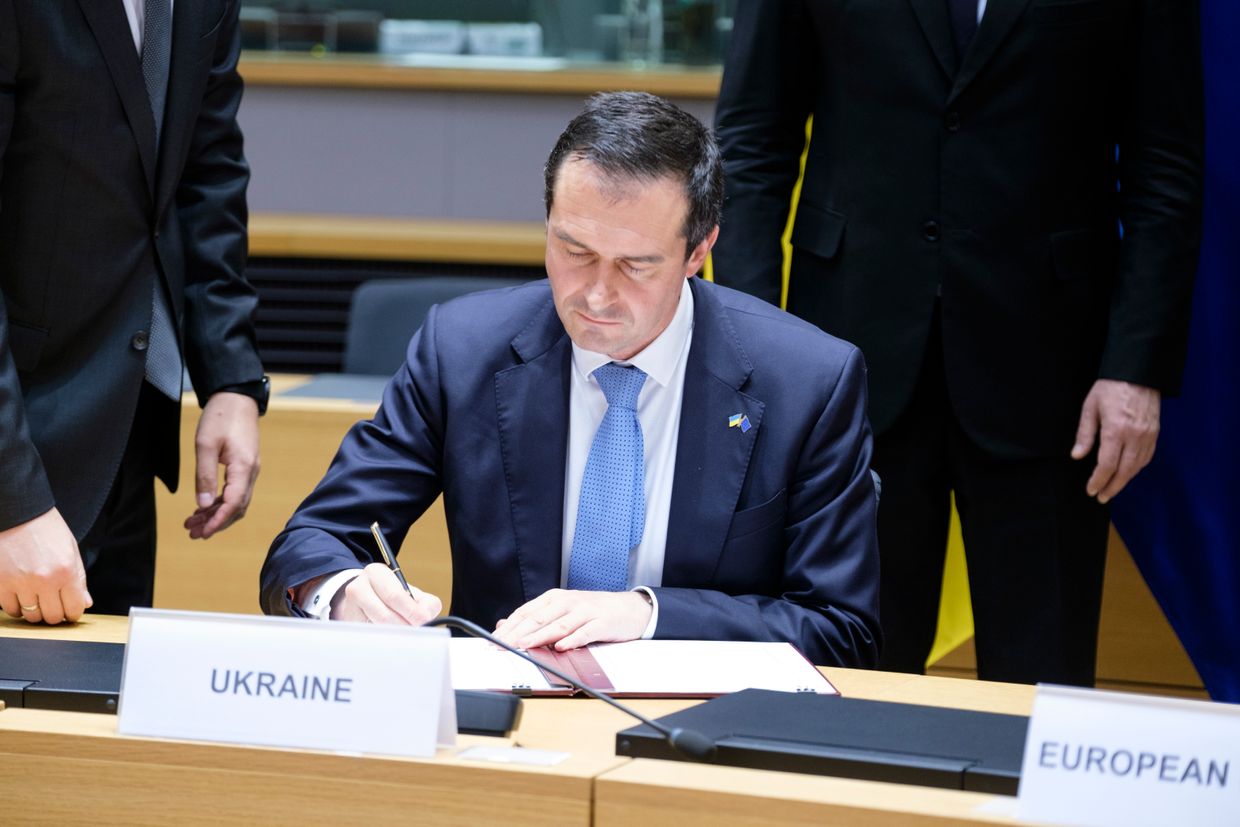
Ukraine denies Slovakia's accusation of refusing gas transit talks
Ukraine rejected Slovakia's claims that it had refused to participate in trilateral talks with the EU and Slovakia on Russian gas transit.
Slovak, Ukrainian, and European Commission representatives were scheduled to meet on Jan. 7 in Brussels to discuss the termination of the Russian gas transit through Ukrainian territory.
Ukrainian Energy Minister German Galushchenko had planned to attend the Brussels discussions but was forced to stay in Kyiv due to urgent energy sector issues, Ukraine's ambassador to the EU, Vsevolod Chentsov, told Politico on Jan. 7.
Kyiv proposed holding the meeting online, but the European Commission suggested rescheduling for later, Chentsov said.
According to Chentsov, Ukraine initiated the meeting to address Slovak Prime Minister Robert Fico's threats to halt electricity exports to Ukraine and cut support for Ukrainian refugees.
"Ukraine triggered the early warning mechanism on electricity supplies because of Fico's threats to stop the supplies, not gas transit talks," Chentsov said.
Ukraine refused to prolong a natural gas transit agreement with Russia, which expired on Jan. 1, citing its refusal to finance Russia's war machine.
Despite the EU’s push to cut reliance on Russian fossil fuels, Slovakia remains dependent on Russian gas, bound by a long-term contract with Gazprom, Moscow's state-owned energy giant.
Switching to alternative supply routes could cost Slovakia an additional 220 million euros ($229 million) in transit fees, Fico claimed.
Earlier on Jan. 7, Hungarian Foreign Minister Peter Szijjarto accused Ukraine of exacerbating Europe's economic challenges by halting Russian gas transit, leading to a 20% rise in natural gas prices on the European market.
Alongside Slovakia and Austria, Hungary remains reliant on Russian gas purchased through Gazprombank, which is under Western sanctions.
